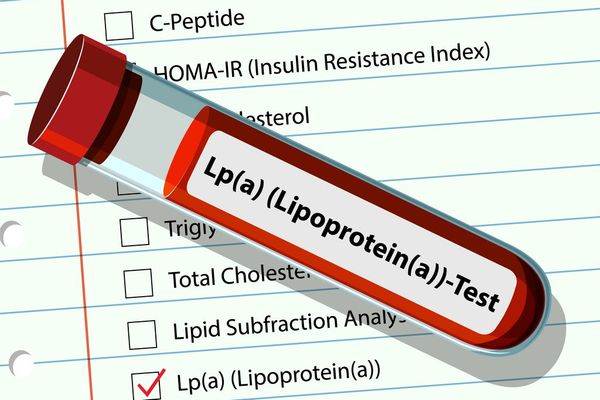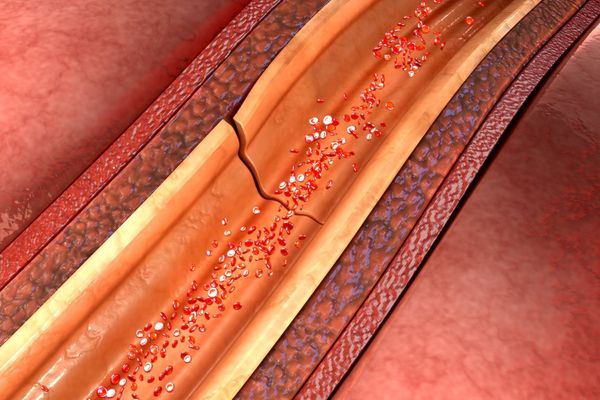You may want to think twice before drinking to your health.
There's a prevailing myth that alcohol is good for your heart, and that red wine is even better. But current medical research shows that alcohol may be bad for your heart, and that women are especially vulnerable.
Too much alcohol can raise your triglycerides, a type of fat in your blood. When combined with high low-density lipoprotein (LDL or "bad") cholesterol, high triglycerides have been associated with a buildup of fat on artery walls, which in turn puts you at risk of heart attack or stroke.
Another thing to consider is that studies that reported positive results from alcohol consumption are based on moderate intake—one drink a day for women and one or two drinks a day for men. That means 5 ounces of wine, one 12-ounce beer, or 1.5 ounces of an 80-proof alcohol such as vodka, whiskey or gin.
Overconsumption has dangerous consequences—high blood pressure, cardiomyopathy and cardiac arrhythmia. Binge drinking is particularly dangerous for women. Having four or more drinks within two hours can put you at risk of atrial fibrillation, an irregular heartbeat, which can lead to blood clots, stroke and heart failure. In addition, alcohol has calories, which contribute to obesity and diabetes.
But what about the protective effects of red wine in the French and Italians? The truth is that it's hard to tease out other factors that might play a role in reducing the risk of heart disease among traditional wine drinkers. We know that the flavonoids and antioxidants in wine are protective, but you can also get them from dark grapes and their juice or blueberries. (Read more about heart-healthy foods.) People from Mediterranean cultures who commonly enjoy a glass of wine with dinner also have a healthier lifestyle—they walk and bicycle more, eat less and consume more fruits and vegetables.
While having an occasional glass of wine, beer or spirits won't hurt you if you're an adult in good health, consume alcohol sparingly. The best way to protect your heart is to lower your cholesterol, control your blood pressure, manage your weight, exercise regularly, quit smoking and eat a healthy diet. Save those toasts for special occasions, and you'll really have something to celebrate.
Dr. Nieca Goldberg is medical director of NYU Women's Heart Program; clinical associate professor of medicine at NYU School of Medicine; senior advisor of Women's Health Strategy, NYU Langone Health; founder and former medical director, Joan H. Tisch Center for Women's Health, NYU Langone Health; and a member of HealthyWomen's Women's Health Advisory Council.
- How to Take Care of Your Heart After Menopause ›
- Is Alcohol Raising Your Blood Pressure? ›
- Drinking During Rough Times ›
- How Much Alcohol Is Too Much for Your Heart Health? ›
- 15 Heart-Healthy Foods You Should Be Eating - HealthyWomen ›
- Questions and Answers About High Triglycerides - HealthyWomen ›
- Preguntas y respuestas relacionadas con niveles altos de triglicéridos - HealthyWomen ›
- How to Eat to Your Heart’s Content - HealthyWomen ›






